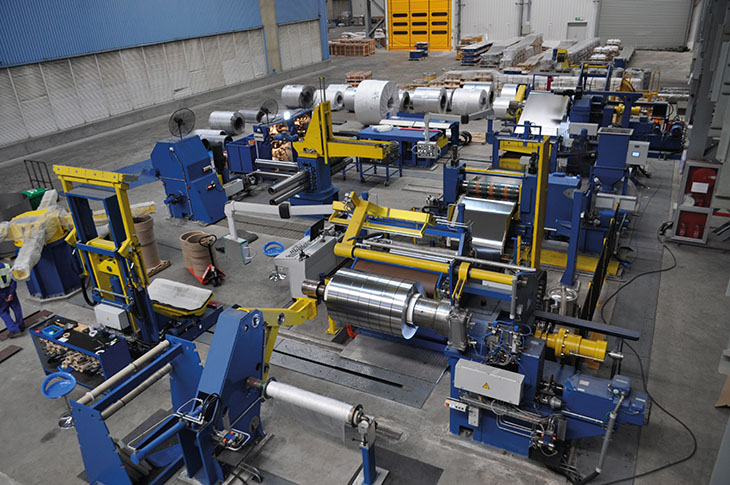EUROCHAMBRES is disappointed with the compromise struck on 8 February between heads of state on 2014 EU Budget. The 3.5% reduction in the total budget fails to reflect the additional responsibilities assigned to EU institutions under the Lisbon Treaty, while the split in expenditure headings betrays a lack of commitment from national governments to the Europe 2020 Strategy for growth and jobs.
The EU Summit agreement is being widely referred to as ‘the final deal'. However, without the endorsement of the European Parliament, the deal will not be complete. The Members of the European Parliament, so vocal over recent days in calling for an EU Budget that contributes to competitiveness, must now use their considerable influence to ensure that key programmes designed to stimulate research and innovation, support small and medium enterprises (SMEs) and reinforce education and training are allocated the resources that they merit. Otherwise, Chambers fear that the real economy, comprising of real businesses, will be the real victims of the member states’ unedifying scramble for cash.
Policy makers are fond of referring to SMEs as the ‘backbone of the economy’. Member states apparently overlooked this in their negotiations, so Chambers will work with the European Parliament over the coming weeks to maximise the support to Europe’s 20 million growth and job creators for the remaining seven years of the Europe 2020 Strategy.
























